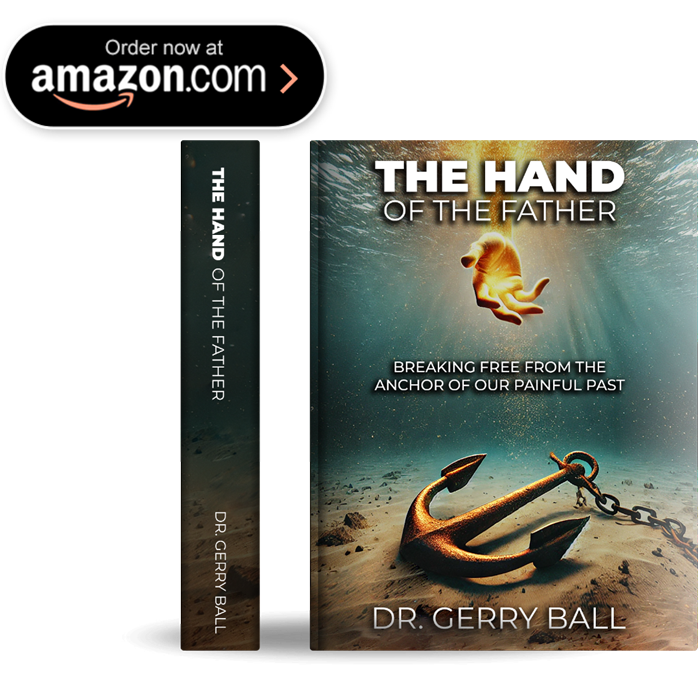Healing from Childhood Trauma
Discover hope and restoration through healing from childhood trauma. Grounded in Scripture and compassionate wisdom, this page explores how Christian trauma healing and Christian counseling can help reframe painful experiences, rebuild trust, and renew your relationship with God and others. Whether you’re seeking peace, purpose, or deeper spiritual connection, healing is possible through the loving embrace of the Father.
- Home
- Healing from Childhood Trauma
Childhood trauma affects more than just our emotions—it shapes how we love, how we trust, and how we perceive God. When children experience neglect, abuse, or emotional instability from caregivers, their ability to form secure relationships—even with God—can be compromised. In Chapter 7, Mediating the Outcomes, we explore how Christian counseling and pastoral care can help individuals reframe distorted beliefs, rebuild emotional resilience, and find true healing in Christ. Through the lens of attachment theory and faith, this chapter equips both trauma survivors and spiritual leaders to address the long-term impact of broken early bonds and restore connection with God as a loving Father.
Healing from Childhood Trauma
The Lingering Effects of Childhood Trauma on Faith and Relationships
Children form internal “blueprints” for relationships based on their earliest caregiver experiences. Abuse, neglect, or inconsistency in childhood often leads to feelings of unworthiness, distrust, and emotional disconnection that persist into adulthood. These attachment disruptions don’t just impact human relationships—they distort the individual’s God image, making it difficult to see God as loving, safe, or near.
Without intentional intervention, these wounds deepen, leading many to withdraw from spiritual life, misinterpret God’s intentions, or view Him through a lens of fear and punishment. The emotional and spiritual consequences can be profound—but they are not permanent.

Healing from Childhood Trauma
Reframing Internal Working Models Through Christian Counseling
Attachment theory teaches that early experiences form “internal working models”—mental frameworks that shape how we see ourselves, others, and God. But these models are not set in stone. Through faith-based counseling, these distorted perceptions can be rewritten.
Christian counseling integrates psychological insight with biblical truth to help individuals:
Reconstruct self-worth rooted in God’s love
Recognize and dismantle false beliefs about God’s character
Establish safe emotional bonds with others in the faith community
As God redeems our stories, He also reshapes the way we relate to Him and others—restoring trust, intimacy, and emotional security.

Healing from Childhood Trauma
When God Feels Distant — Healing the God Image After Abuse
Many trauma survivors project the traits of their earthly caregivers onto their understanding of God. An abusive or absent parent may lead to seeing God as:
Distant (Avoidant attachment)
Inconsistent or confusing (Resistant attachment)
Both comforting and frightening (Disorganized attachment)
These skewed perceptions can alienate individuals from their faith, perpetuating cycles of guilt, fear, or isolation. Chapter 7 helps readers name and challenge these false images, replacing them with scriptural truths that reflect God’s heart as a faithful and loving Father.

Healing from Childhood Trauma
The Role of Mediators in Emotional and Spiritual Restoration
Healing from childhood trauma is rarely a solo journey. Mediators—pastors, Christian counselors, and supportive believers—serve as bridges between pain and healing. Their role is vital in:
Creating safe relational spaces
Modeling trust, grace, and consistency
Helping reframe narratives through gospel-centered truth
These mediators embody God’s restorative presence, guiding trauma survivors toward renewed faith and relational wholeness. As part of the body of Christ, they make it possible to heal what was broken in isolation.

Biblical principles and attachment
Theological Insights — God as Father in a Broken World
Scripture reveals God as a nurturing Father, yet for trauma survivors, this imagery can be triggering or confusing. This chapter explores how biblical metaphors like “Father” and “Bride of Christ” can be redemptive rather than retraumatizing—when handled with sensitivity and theological clarity.
By grounding our identity in God’s unconditional love and grace, survivors can rebuild their spiritual foundation on truth, not trauma. This process—though complex—is a powerful testimony of divine transformation.

the hand of the father
Go Deeper — Find Healing in the Hand of the Father
To dive deeper into this life-changing journey, we invite you to explore The Hand of the Father by Dr. Gerry Ball. In this powerful and compassionate book, Dr. Ball combines biblical insight, personal testimony, and years of professional counseling experience to reveal the healing touch of a Father who sees you, knows you, and calls you His own.
Whether you’re just beginning your healing journey or walking alongside someone else, The Hand of the Father is a powerful resource rooted in Scripture and grace. Don’t just read about healing—experience it for yourself.

